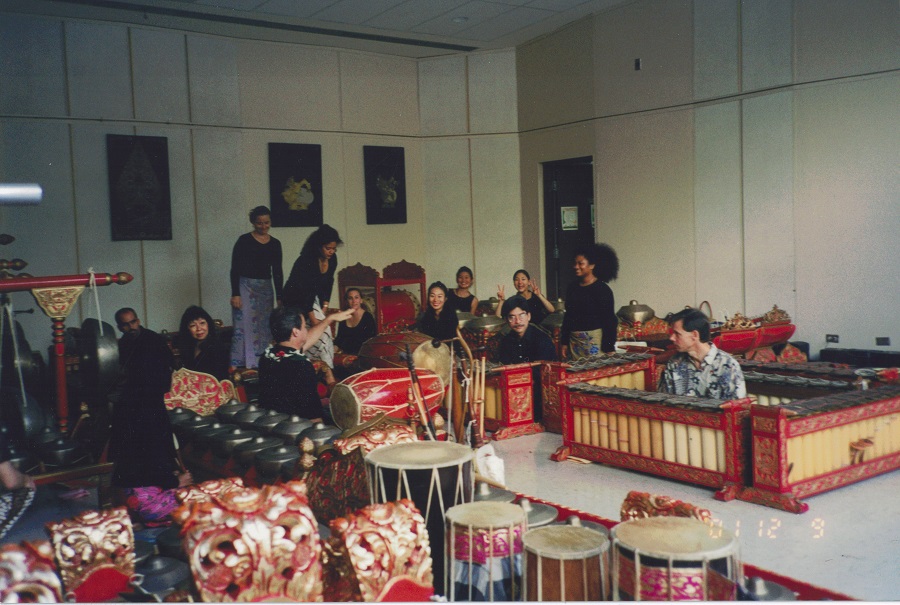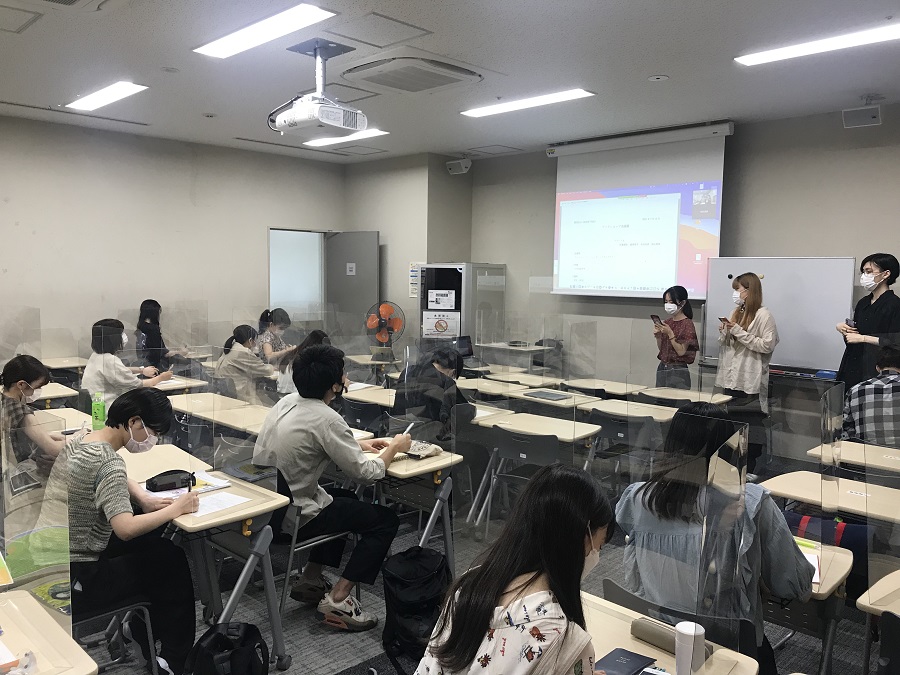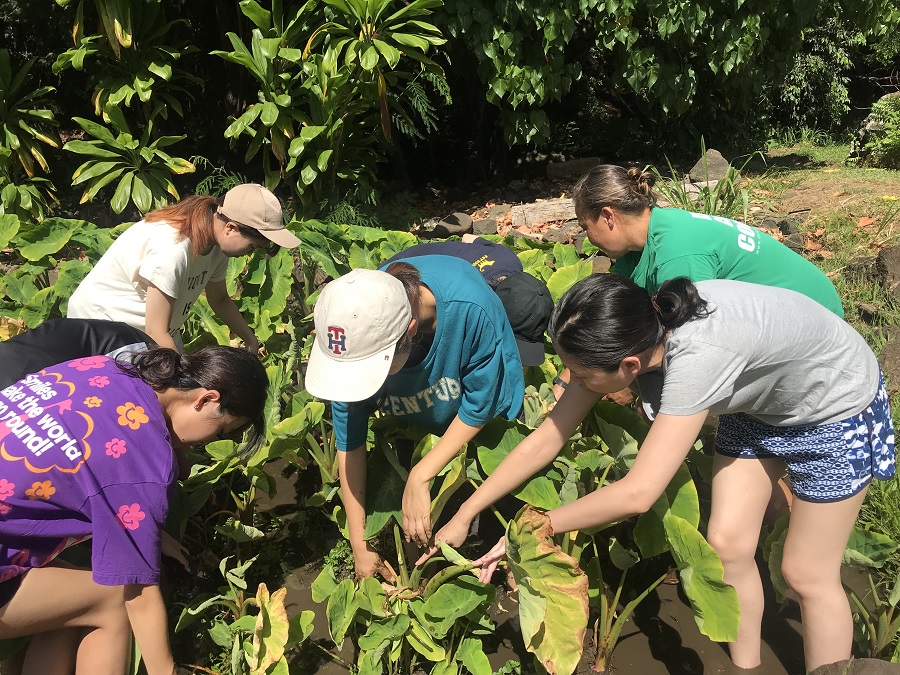reseach
Building a society that leaves no one behind
Eiko Saeki, Associate Professor
Department of Sustainability Studies, Faculty of Sustainability Studies
Posted Dec.3,2021
Faculty Profile
Associate Professor Eiko Saeki, after experiencing a diversity of cultures and thoughts while studying in the United States, returned to Japan where she works on issues surrounding gender and the body. Specifically, she focuses her research on reproductive rights.
Capturing the ways that public voices change society
I am a sociologist. My interest is in reproductive rights and the ways in which society conceptualizes the beginning of life. I have been conducting research on areas relating to gender, the body, and medicine from interdisciplinary perspectives.
I am currently examining the politics of reproduction in Ireland. This is a country where the Catholic Church has long affected state policy, and until recently Ireland was taking a stringent stance against same-sex marriage and abortion. However, in 2015, Ireland legalized same-sex marriage – the first country in the world to hold a referendum to decide the issue, and in 2018 the country made abortion legal, despite being virtually forbidden with respect to fetal rights until then.
My research considers what happened behind the scenes when public voices moved the society to make such a historic change in a comparatively conservative country, and what kind of directions it will take from this point. Being interested in these topics, I conduct field work to analyze the thoughts and actions of people who were actually there in the time of such changes.
The Sustainable Development Goals that Hosei University has been engaging in have an important principle of “leaving no one behind.” Though gender might not be the first thing one considers when thinking about sustainability, it is evident that many people have been left behind because of their gender. Disparity and prejudice exist in Japan, and the gender gap index (*) for Japan shows a low score compared to many other countries.
My research on Ireland taught me that a conservative society with no apparent indicators for change, can, under certain conditions, make dramatic transformations. While each country has its own specific history, we can use examples from other countries to turn a lens onto Japanese society.
*Gender Gap Index: An indicator published in the Global Gender Gap Report to show gender-based disparity in individual countries of the world. Japan is ranked 120th among 156 countries and regions in the 2021 Report. The lower the index score, the higher the gender-based gap.
Creating an environment that allows people to express their thoughts freely
When learning in a university, it is important for students to develop an ability to formulate their own thoughts in addition to acquiring knowledge. Based on this idea, in my lessons, I first present social issues, data, and theories in an easy-to-understand manner. After introducing these, I ask students to share their responses. Without imposing a certain answer, I consciously create an atmosphere thata allows students to express their thoughts freely and without judgement.
I have developed this approach through my own learning experience. After entering university in the United States (at the University of Hawai‘i at Mānoa), I continued my education and research, living in the United States for 10 years. Being surrounded by people with different nationalities, different languages, and diverse cultural backgrounds, I experienced that the “common sense” in my mind is not necessarily “correct.” Being different from others is normal, and I hope students will find value in speaking up without fear of being different from others and listening to everybody’s perspectives with an open mind.
Another thing that I was devoted to while studying abroad was playing music. I was strongly attracted to gamelan, traditional Indonesian music. I was able to create the time to indulge in the music and participated in an ensemble while doing my research. Today, I have no time to take part in such performance or practice, but I hope to resume my musical life when the situation permits me to do so.
Music tends to represent thoughts and emotions and plays an important role in social movements. In some cases, lyrics contain emotions like anger against politics and society, and they can become a powerful tool for change. In fact, I’ve been developing the idea of beginning my lectures while playing some music relating to the theme of the day.

Practicing gamelan, an ensemble with a variety of percussion instruments such as gongs and metallophones of different sizes. This photo was taken when she was a student at the University of Hawai‘i at Mānoa.
Fostering one’s own “practical wisdom” by linking theory and practice
In 2016 when the Faculty of Sustainability Studies started a new English-based degree program called SCOPE (Sustainability Co-creation Programme), I took a position as a specially appointed associate professor at Hosei University, and then became a tenured associate professor in 2019.
When studying sociology, it is important to gain off-campus field experience, such as interviewing people and conducting participant observations. Fortunately, the Faculty of Sustainability Studies offers Field Study programs (on-site practice) in its own subject areas, and students can learn theories in the classroom and then apply those theories in social settings off campus. As my students have positive attitudes toward working with others, I have been seeking opportunities for them, including to serve as volunteers at food pantries (facilities to provide food assistance).
Unfortunately, such ideas are currently suspended due to the spread of the COVID-19, but I appreciate having a learning environment where students can deepen their understanding of their world in the interdisciplinary environment at the Faculty of Sustainability Studies. I am hoping that students acquire diverse views by accumulating experience and develop their own “practical wisdom”.

Giving a presentation in a seminar. Acrylic panels have been installed as an infection control measure since resuming face-to-face lessons.

Learning traditional agricultural work in a taro field in the Field Study program conducted in 2019 in Hawai‘i.
Eiko Saeki, Associate Professor
Department of Sustainability Studies, Faculty of Sustainability Studies
Ph.D. in Sociology
2019 to present, Associate Professor, Faculty of Sustainability Studies, Hosei University
2016 - 2019 Specially Appointed Associate Professor, Faculty of Sustainability Studies, Hosei University
Researcher, Graduate School of Asia-Pacific Studies, Waseda University
Instructor, Department of Sociology, Rutgers University
Graduated doctoral course, Department of Sociology, Rutgers University
Graduated master’s course, Department of Sociology, the University of Hawai‘i at Mānoa
Graduated bachelor’s course, Department of Anthropology, the University of Hawai‘i at Mānoa

